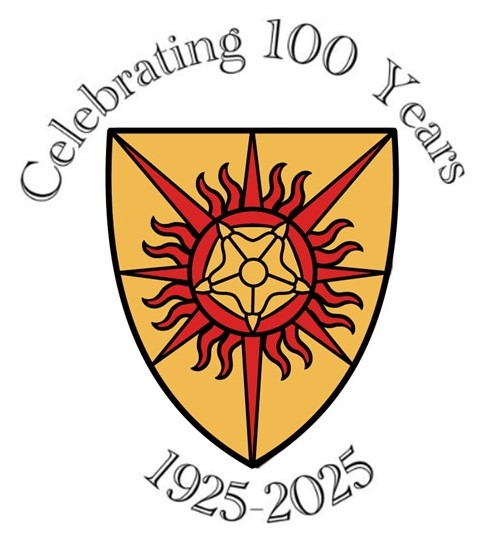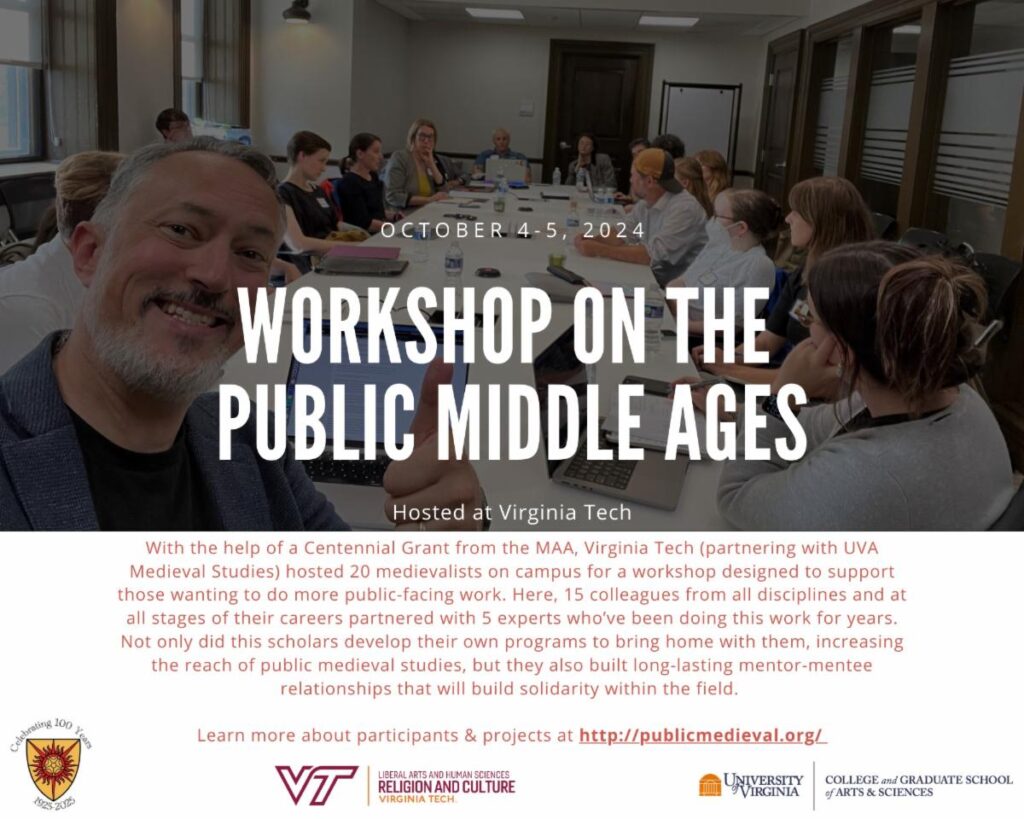Writing Against the Clock: Finding Joy in our Writing Practice (Pt 1)
February 10th at 2PM EST
With this webinar and companion workshop, the GSC aims to get our graduate student community writing frequently and efficiently, while prioritizing the fun of this craft. Between other responsibilities teaching, service, and personal and professional obligations, many of our fellow graduate students do not find “enough” time to write. How can we make the most of the time that we do have to do this important work and do it well? How can we overcome the obstacles to writing that come with writing in the real world? How do some academics strike the right balance and seem to write nonstop? Join the Graduate Student Committee of the MAA for a two part series on writing.
In part one of this event, our guest speakers — all prolific writers of academic books and articles as well as works of creative fiction — will share reflections on the writing process and answer your questions. Join us on February 10th at 2PM EST in conversation with Irina Dumitrescu (Universität Bonn), Bruce Holsinger (University of Virginia), Julia Istomnia (Yale University), and Helen Sword (University of Auckland).
Click here to register.
Writing Against the Clock: Finding Joy in our Writing Practice (Part 2)
February 18th, 2pm-3:30pm EST
We’ll put the advice of our experts into practice at collective writing hour, on February 18th at 2pm-3:30pm EST guided by Camila Marcone (Yale University, GSC). Come with a piece of writing to work on! We will log-in, set an intention, work on our own, and then debrief in small groups at the end.
Click here to register.
Doing Medieval Together: Building Community in Nontraditional Venues
February 10th, 8pm EST on zoom
In this event, panelists will discuss various ways they are breaking down the walls between the academy and the community. From listening to and living in communities with Native Hawaiian cultural practitioners to engaging with the local medieval enthusiasts of Oklahoma, from pop culture conventions to K-12 classrooms, from digital resources to physical interactions, we will explore partnerships, public programming, and the ways we can all learn from each other.
Featuring:
Kisha Tracy, Fitchburg State University/CARA Executive Board Member
Reid Weber, Chair and Professor, Humanities and Philosophy, University of Central Oklahoma, Faculty Co-sponsor, UCO Medieval Society
Tory Schendel-Vyvoda, Curator, Evansville African American Museum, PhD student, IDSVA, Adjunct Instructor, University of Evansville, Director, Lamasco Microgallery
Karen Jolly, University of Hawaii at Manoa
Click here to register.

 Discounted hotel rooms are going fast…register today!
Discounted hotel rooms are going fast…register today!


